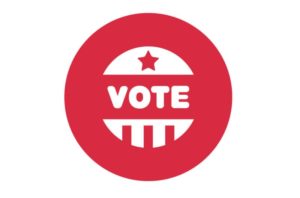Onfido has detailed some of the benefits and some of the potential pitfalls of electronic voting in a new post on the company blog. In the post, the company notes that COVID-19 has forced many governments to reconsider their voting practices, since the long lines at in-person polling stations pose a serious health risk during a pandemic.

With that in mind, many US states are encouraging the use of mail-in voting for the upcoming November election. Mail-in voting allows people to cast a ballot without leaving their home. That makes the process more convenient, and could increase turnout in November.
Similar logic is in play with regards to electronic voting. The world is becoming increasingly digital, and people are more and more comfortable with online applications (such as banking) that were previously thought to be unsafe. Several countries and smaller municipalities have already experimented with some form of electronic voting, and that trend is likely to continue into the future.
The challenge is making sure that electronic voting is both safe and secure, especially given high profile disasters like this year’s Iowa caucus. To alleviate those concerns, Onfido argues that election commissions need to have a backup plan before launching any e-voting scheme, and that e-voting technologies should be deployed alongside other, more traditional voting channels to make the transition smoother for the voting public.
Any e-voting solution would also need to be able to guarantee the identity of each voter, while still ensuring their privacy and their anonymity. That means that any such system would need to be integrated with some kind of trusted identity program to prevent election fraud.
Despite those concerns, Onfido indicates that electronic voting is still worth pursuing because it will allow more people to participate in the democratic process if it is done properly. In that regard, the company cited a recent Okta report that found that more Americans would vote if it was easier to do so.
Onfido is currently providing biometric identity verification technology for an e-voting platform from Agora. More recently, an independent testing laboratory approved the use of Voatz’ electronic voting system in US elections.

Follow Us